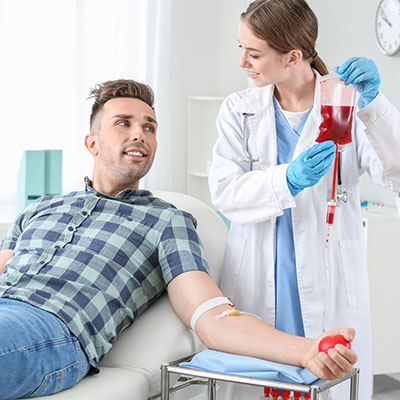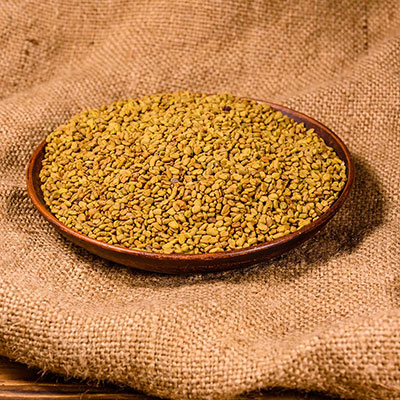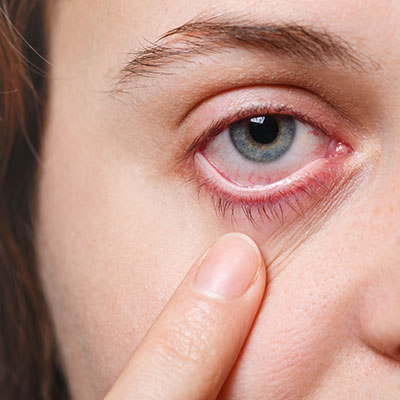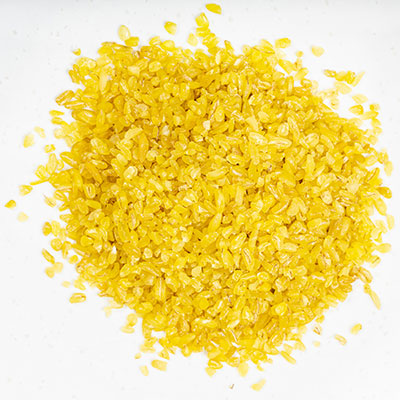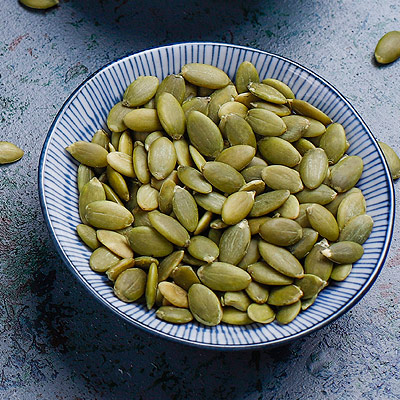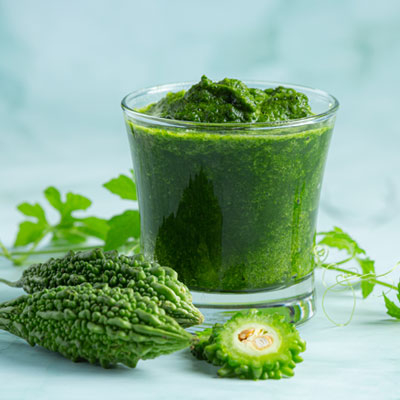Blood donation, or blood transfusion helps in saving countless lives throughout the world. Around 4 million people worldwide need blood transfusion on a daily basis. To encourage people to donate blood, January is worldwide recognized as the National Blood Donor Month.
Besides, a life saving measure, this noble act also does a lot of good to your body. It lowers the possibilities of hemochromatosis, obesity, and cancer in the body. It improves your cardiovascular health, and keeps your pancreas, and liver heathy. This article will tell you more about blood donation, its incredible health benefits, and also clear some common misconceptions related to it.
About Blood Donation
Blood donation is a life saver for those who have an acute deficiency of blood. The blood you donate helps in maintaining the right levels of blood in people, and save them from loss of life. It is also good for the health of donor.
Blood donation generally takes place in a clinic, a blood bank, hospital, and or in a health camp that is done in the supervision of medical experts. Donors have to be in good health, and devoid of any critical health problems.
How does blood donation help the receiver?
Donating blood aids in the treatment of patients who suffer from bleeding disorders, cancer, severe anemia linked to cancer, acute injuries and other types of inherited blood abnormalities. Human blood can’t be artificially synthesized, it can only be obtained by healthy people.
Due to this reason, it becomes necessary that more and more people to donate blood and help the needy. Blood once donated, can be stored by blood banks so that they can use it at the time of urgencies.
How to find that you are eligible to donate blood?
A small health examination, and blood test is performed wherein a person is checked for diseases such as blood pressure, AIDS, hepatitis B, and C and other infectious diseases in the person.
If a person is found to have any of these diseases, then he is not eligible to donate blood. It is advised that people who are on any medication, vaccination, have performed any surgery recently, or have diabetes, cancer, flu, and cold, must talk to their doctor before donating blood.
Health Benefits of Blood Donation
Following are some of the incredible ways in which blood donation impacts your own body.
1. Prevents Hemochromatosis
Blood donation reduces the chances of hemochromatosis. It is a medical condition that happens due to excess levels of iron in the body. Regular blood donation reduces overload of iron in the body that, in turn, prevents this problem.
2. Anti-Cancer Benefits
Blood donation also reduces the chances of getting specific types of cancers that are associated with high iron levels in the body. These are cancer of the colon, liver, stomach, lungs, and the esophagus. When you donate blood from time to time, it balances the iron levels in the body, and helps in mitigating the risk of cancer.
3. Healthy Heart And Liver
Blood donation is beneficial for maintaining healthy heart and liver. When you eat an Iron-rich diet for a longer time, then it causes an iron overload in the body. Your body can only absorb limited amounts of iron, the excess amounts get stored in the heart, pancreas, and liver that damages these organs. It can lead to liver failure, pancreas failure, irregular heartbeat, and cirrhosis in a person.
Blood donation maintains the right levels of iron in the body, and lessen the chances of several types of health issues. Blood donation also has potential to lower viscosity, blockage in arteries, LDL cholesterol levels in blood, and prevents heart attacks.
4. Weight Loss
Regular blood donation is helpful for weight management in people who are obese, or have cardiovascular ailments.
5. Detoxifies Body
Blood donation stimulates production of new RBC (red blood cells) in the body. Old blood cells are used for donation of blood. Your body makes new blood cells that replaces the old blood cells and restore the right levels of blood in the body. In this way, blood donation also leads to detoxification.
Important Instruction to follow Before and After Donating Blood
When going for blood donation, it is important to keep the below pointers in mind. It will make the experience comfortable, and more effective. Implementing these tips will help you give your best.
Instructions to Follow Before Blood Donation
- Check the authenticity and credibility of the donor center. Ensure that the doctors are competent, and use of the best hygiene throughout the process.
- Always plan blood donation a few days in advance.
- If you have any medical concerns, then you must get an opinion from the doctor.
- Eat healthy, and a well-balanced diet a few weeks before the blood donation. Preferably consume more of foods that are rich in iron such as spinach, kidney beans, iron fortified cereals, and fish. Iron deficiency is one common reason for deferrals. This will ensure that you have good levels of iron.
- Get a sound sleep of 8 hours.
- On the blood donation day, stay well hydrated by drinking plenty of fluids.
- Wear comfortable clothes. A short-sleeve shirt is a good option to easily donate your blood.
- Inform the doctor or nurse present at the donor center about the medication, or treatment that you are going through.
- Eat nutritious food a minimum of three hours before blood donation.
- You should be 17 years or older, weigh 50 kgs or more, and be in good health, to donate blood.
Instructions to Follow After Blood Donation
- Drink a lot of fluids for 2 days from the day of blood donation. It will help in replenishing the fluids that your body has lost at the time of the donation.
- Avoid doing any form of physical exercise for two hours. Do not lift any weights.
- If you are feeling any signs of lightheaded, then lie down with raised feet. This will let more blood flow into your brain and the discomfort will go away.
- If you feel that the discomfort persists even after few hours, then inform the Donor Center, or visit them in person.
- Be aware of the misconceptions related to blood donation and distinguish them from the actualities.
Clearing Myths Related to Blood Donation
1. Vegetarian people do not have adequate amounts of iron in their blood, so they are not physically fit for blood donation.
Fact: This is not true. It does not depend on whether you are a vegetarian, or a non-vegetarian, it depends on the diet of a person. There are several key sources of iron in vegetarian diet that can help in maintaining the proper levels of iron in the blood.
2. Giving away blood can lead to shortage of blood in your body. This can make you ill, and pose dangerous situations.
Fact: The donation process requires only 350-450 mL of your blood. This is not a very large amount and your body can easily make up for this with a good nutritious meal. After a nutritious diet, your body will again make new blood cells to cover up the loss.
3. Heavy people are the best contenders for blood donation as they have more blood in them.
Fact: There is no truth in this statement. In fact, being on a heavier side, is a symptom of bad health, and reduces your chances for donation. Heavy people have more fat than muscles, and fat contains proportionately less amount of blood compared to what a muscle has.
4. If you are on any medication, you can’t donate blood.
Fact: Being eligible for donation depends on the type of medication you consume. You need to inform about your existing health condition, and medication to the donor center. Some medicines make you eligible for blood donation after a specific period.
5. Blood donation can cause you HIV or any other acute diseases.
Fact: The process is performed with new, sterile, and disposable needles for the collection of your blood. As the fresh needles do not contain blood from any previous procedure, there is no chance of getting infected from HIV, or any other disease.
Are there any Side effects of Blood Donation?
It is completely safe when the blood is donated by healthy adults. You may experience a few common side effects that subside on its own after a while.
Some of the adverse effects are:
- Feeling nauseous
- Lightheaded
- Bleeding or bruise at the place of the injection
- Numbness or pain in arm
- A tingling sensation
If the above effects remain even after several hours, then you should talk to the donor center.
Frequently Asked Questions on Blood Donation
1. What should be time gap to Donate Blood?
Ideally, you need to wait for 8 weeks between two consecutive blood donations. Your body needs this much time to restore proper levels of blood.
2. How much quantity of Blood do you need to Donate?
A single session of blood donation requires you to donate 350 ml or 1 unit of blood in every eight weeks.
3. What is the pre-requisite for doing Blood Donation?
The age of the donor has to be between 17years to 60 years. His weight has to be not more than 110 lbs for donating blood. A person has to be healthy with no existing illnesses.
4. Who are not eligible for Blood Donate?
People who are below 17 years of age, and above 60 years and with weight less than 110 lbs can’t donate blood. A person with an active infection, HIV AIDS, hepatitis B, and C is also not permitted for blood donation. Consult your medical history with the doctors at donor center before donating blood.
5. What is the duration of blood donation?
The actual time period of donation requires around ten to fifteen minutes. The whole process, from the time of physical examination to the post donation refreshments needs around an hour.
6. When can you donate blood after delivering a baby?
Ideally, you will need to wait between six weeks to six months to regain your health after child birth to be able to donate blood again. It is advised to consult with your doctor to get more information in this regard.
7. Is it possible to donate blood in your pregnancy?
No, a pregnant woman should avoid donating blood during this time.
8. What to eat after donating blood?
You will need to consume plenty of fluids, that includes fruit juice, water, coconut water, butter milk etc. to stay hydrated. In addition to it, also consume foods that are rich in iron, folate, and Vitamin B6.
For iron (spinach, lean meat, pulses), for folate (green leafy veggies, and dried beans), and for vitamin B6 (potatoes, and bananas). Don’t consume tea, coffee, and alcohol for 48 hours from the time of donating blood. This is because these beverages can dehydrate your body.
9. How does a blood donation differ from a plasma donation?
Blood donation implies giving away blood with components such as red blood cells, platelets, and plasma. In case of plasma donation, the platelets, and red blood cells are given back to the donor.
Conclusion
There is nothing more benevolent than saving a person’s life. Blood donation not just gives a new life to the receiver, but also keeps the donor in good health. These are the key advantages that you can get by donating blood. Ensure that you keep yourself healthy – that is probably the very significant reason that you should even do it. So, let’s save someone’s life today!
Hope you liked this article. Please share it with your family, and friends on social media. If you have any queries then do write to us. We would be happy to solve them at the earliest.
